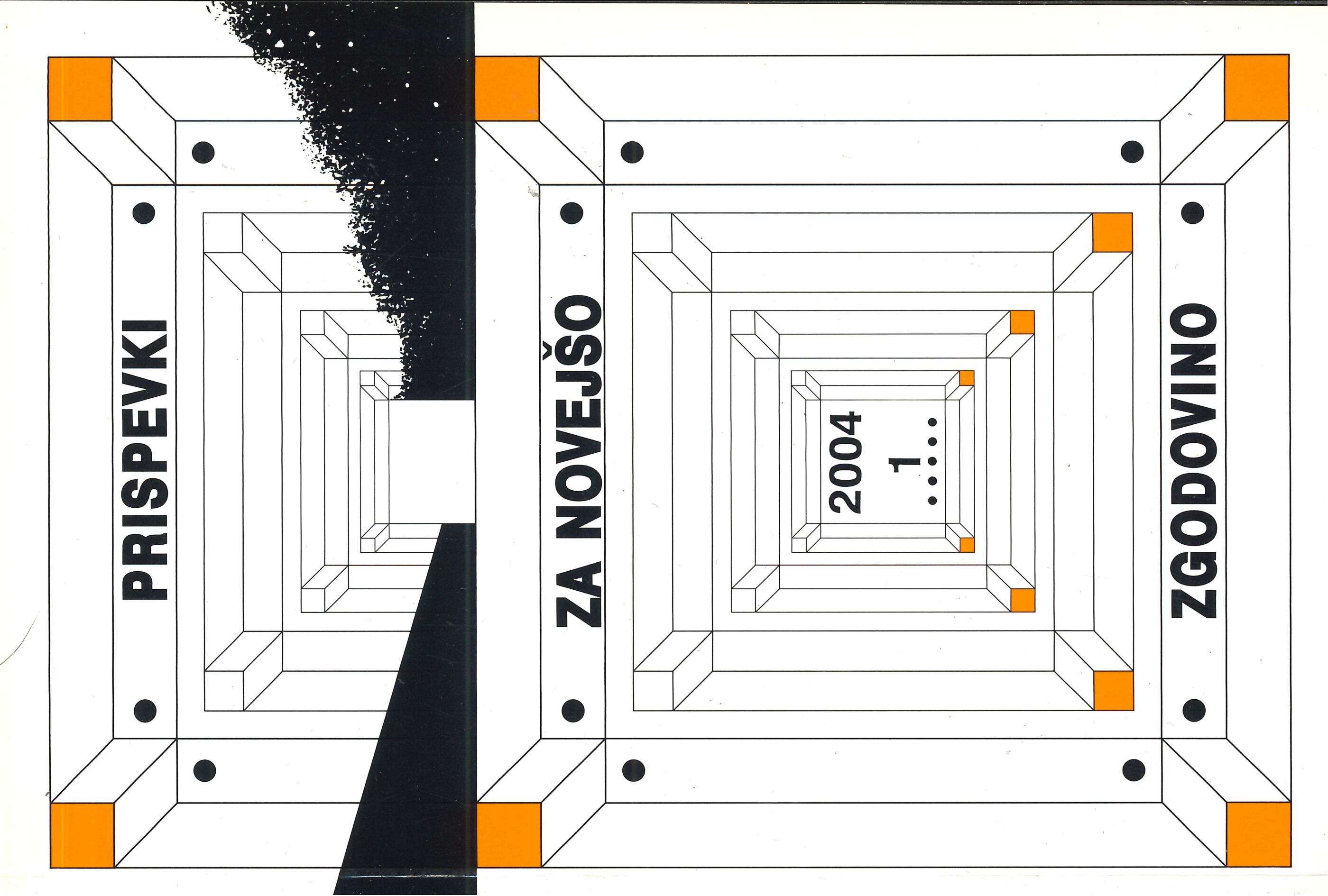The Italian Concentration Camps as State Terrorism and their Consequences
Keywords:
Second World War, Italy, occupation, Ljubljana Province, terror, concentration campsAbstract
The author deals with the deportation of civilians to concentration camps as a form of terrorisation by the Italian occupiers during the Second World War in the part of Slovenia called the Ljubljana Province. The Italian system of concentration camps is far less known than the German. The Italian occupying forces started with the deportations of the civilian population in Spring 1942. Because of the resistance movement they found themselves between the hammer and the anvil. Had they not reacted they would appear weak and inefficient, which would only encourage further resistance. But since they did react they heavily encroached upon the civil liberties and the democratic rights of the population of the occupied Ljubljana Province. However, the consequences of their colonialist rule lingered long after their withdrawal. A successful implementation by the Italian occupying authorities of the principle "divide and rule" resulted in a division in the collective notions about terrorism among the population of the occupied Ljubljana Province.
Downloads
Published
Issue
Section
License
Authors who publish with this journal agree to the following terms:
- Authors retain copyright and grant the journal right of first publication with the work simultaneously licensed under a Creative Commons Attribution License that allows others to share the work with an acknowledgement of the work's authorship and initial publication in this journal.
- Authors are able to enter into separate, additional contractual arrangements for the non-exclusive distribution of the journal's published version of the work (e.g., post it to an institutional repository or publish it in a book), with an acknowledgement of its initial publication in this journal.
- Authors are permitted and encouraged to post their work online (e.g., in institutional repositories or on their website) prior to and during the submission process, as it can lead to productive exchanges, as well as earlier and greater citation of published work (See The Effect of Open Access).


